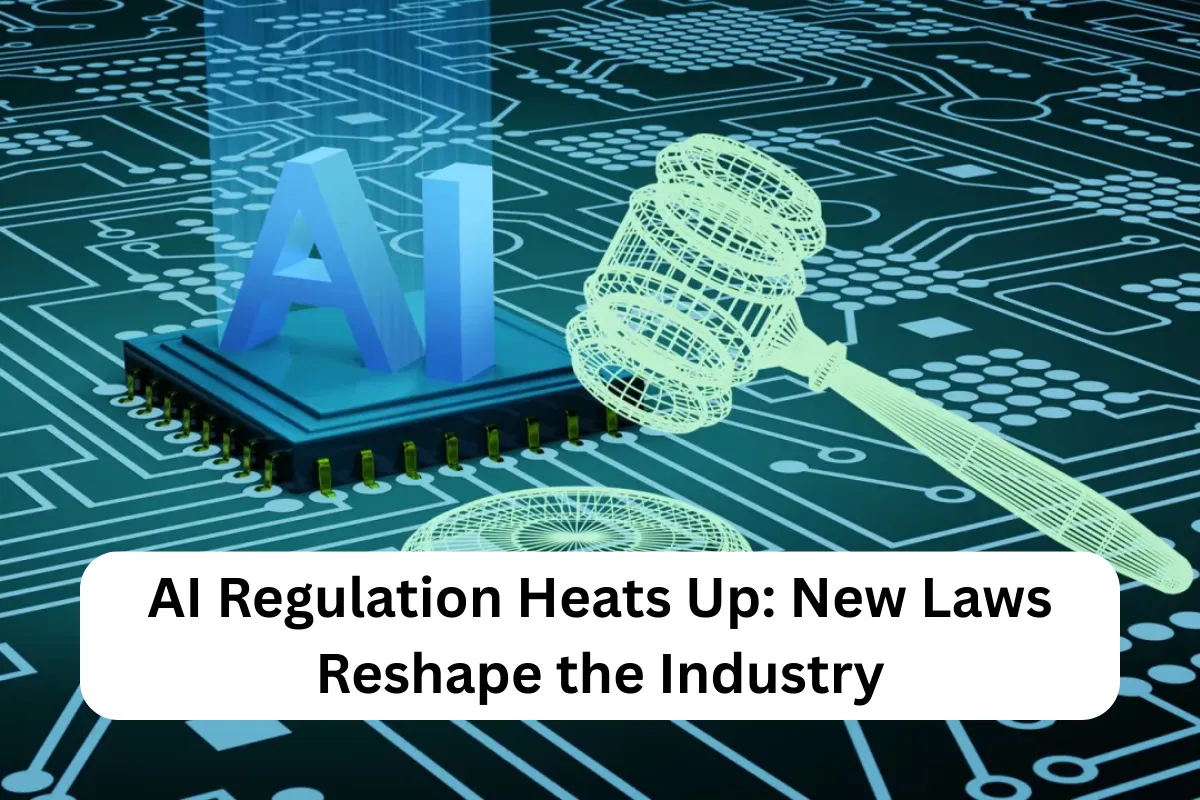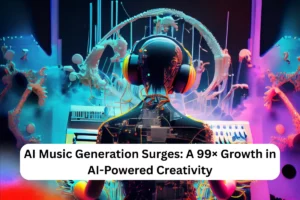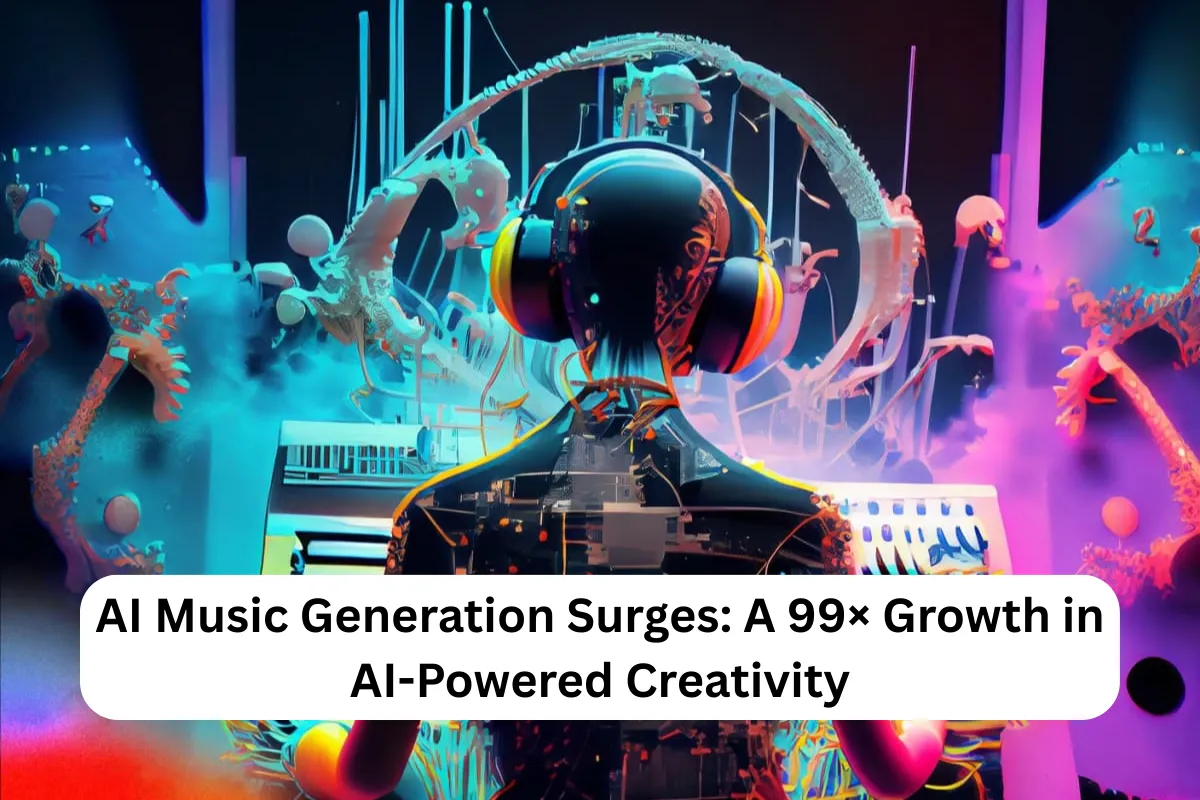Governments across the world are tightening their grip on artificial intelligence as lawmakers push forward with new rules designed to manage the fast-growing technology. The pace of AI adoption has sparked excitement, but it has also raised concerns about safety, privacy, job loss, and ethical misuse. As a result, AI regulation is no longer just a discussion point—it is becoming law.
The European Union has taken the lead with the AI Act, the world’s first comprehensive framework for regulating artificial intelligence. In the United States, regulators are pressing companies to be more transparent about their models, while China is introducing strict guidelines on generative AI platforms. Together, these moves signal a new era where AI innovation will be shaped as much by legal requirements as by technological progress.
Why Regulation is Rising
The growing influence of AI in industries such as healthcare, finance, education, and defense has amplified the risks of unchecked use. Lawmakers argue that regulation is essential to prevent harmful outcomes such as bias in algorithms, deepfake misuse, and data exploitation. Recent polls show that public trust in AI remains fragile, with most people wanting stronger guardrails.
Key Areas of Focus in AI Laws
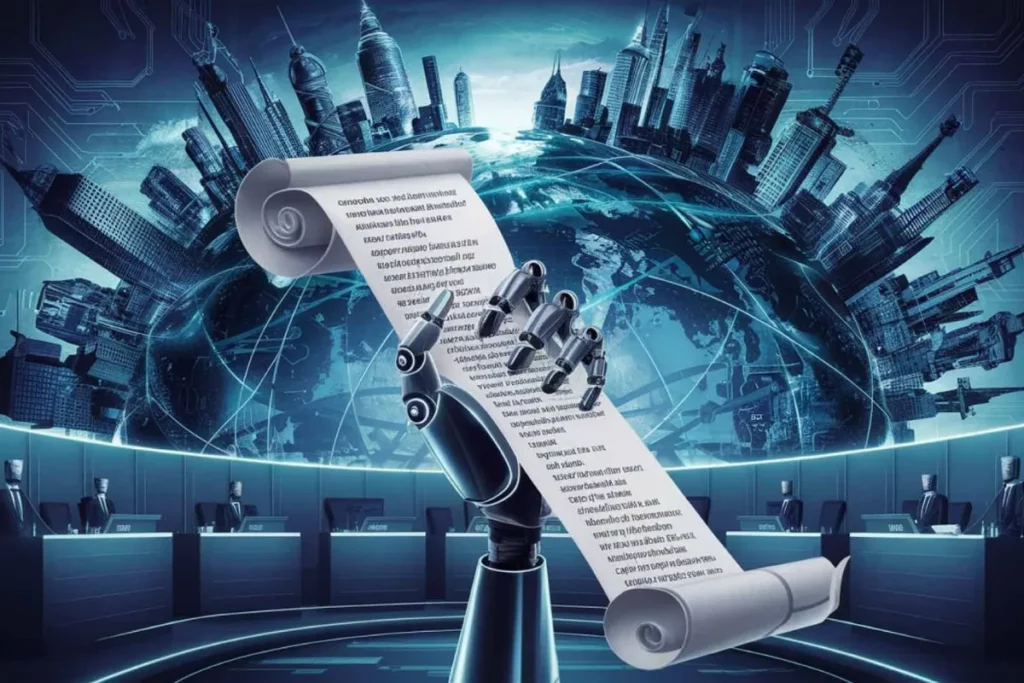
New AI regulations aim to address several major issues. These include protecting personal data, ensuring transparency in automated decision-making, and limiting the risks of high-stakes AI applications such as facial recognition. Governments are also targeting accountability, demanding that companies disclose how their AI systems are trained and who is responsible if something goes wrong.
Table: Global AI Regulation Trends
| Region | Regulatory Focus | Status |
|---|---|---|
| European Union | AI Act: risk-based framework, bans on harmful uses | Passed in 2024, rolling out by 2025 |
| United States | Transparency, safety audits, copyright compliance | Federal and state bills in progress |
| China | Generative AI rules, content moderation, strict data | Enforced with rapid oversight |
| United Kingdom | Pro-innovation with light-touch rules | Early guidelines, sector-based focus |
| India | Ethical AI use, startup-friendly policy approach | Consultations underway |
Industry Response
Tech companies are split on regulation. Some industry leaders, like Sam Altman of OpenAI, have supported stricter oversight, arguing that it will build public trust. Others warn that too much regulation could stifle innovation and push startups out of the market. Large corporations, however, are more equipped to comply with regulations, which could tilt the industry toward established players.
Potential Benefits and Challenges
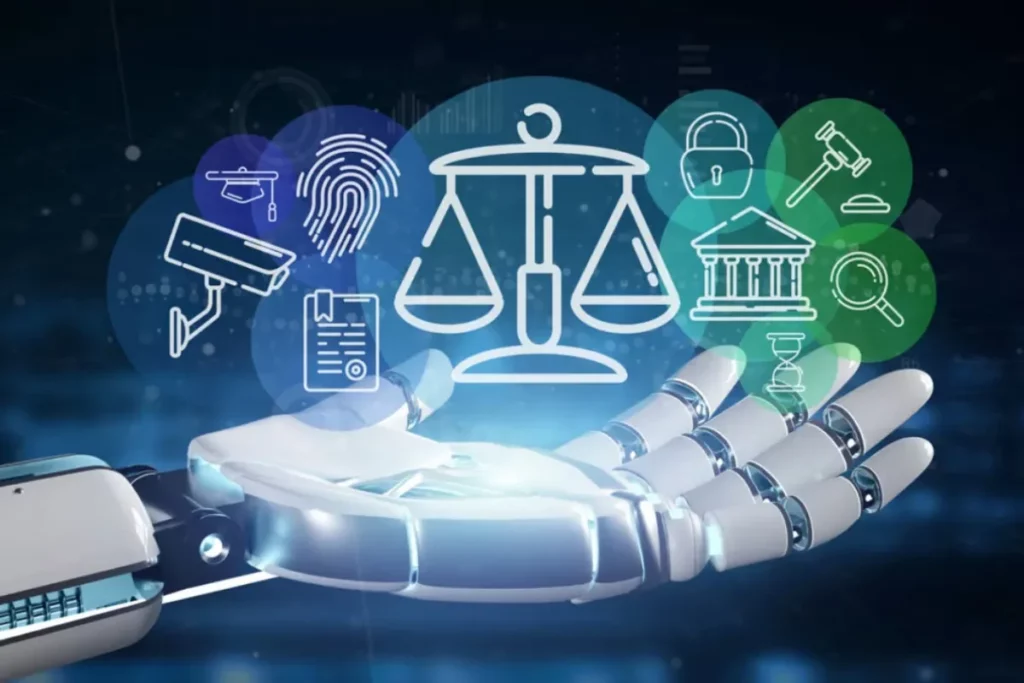
The benefit of regulation is that it builds accountability and ensures AI is used responsibly. Stronger laws may reduce the spread of misinformation, protect consumers from biased algorithms, and prevent harmful applications of AI in sensitive fields. On the other hand, challenges include the risk of overregulation, which could slow innovation, and the difficulty of enforcing laws across global tech companies that operate across borders.
What Comes Next
As AI adoption accelerates, global coordination will become crucial. Fragmented laws could make it harder for companies to operate internationally, leading to a patchwork of compliance rules. Many experts believe that international agreements, similar to climate accords, may eventually be needed to manage AI’s global impact.
The surge in AI regulation marks a turning point for the technology industry. With the EU, U.S., China, and other countries racing to introduce new laws, artificial intelligence will increasingly be shaped by legal frameworks as much as by innovation.
While some fear these rules may slow progress, others see them as necessary guardrails to ensure AI benefits society responsibly. What remains clear is that the debate is no longer about whether to regulate AI—it is about how strict, fair, and global those regulations will be.
FAQs on AI Regulation
Q1. What is the EU AI Act?
The EU AI Act is the world’s first comprehensive legal framework to regulate artificial intelligence, focusing on risk management.
Q2. Why do we need AI regulation?
Regulation is needed to prevent risks such as bias, deepfakes, misuse of data, and lack of accountability.
Q3. How is the U.S. approaching AI regulation?
The U.S. is pushing for transparency, safety testing, and ethical compliance, with a mix of federal and state-level laws.
Q4. Will regulation slow AI innovation?
It could slow smaller startups, but it also provides guardrails that build public trust and safety.
Q5. How will global AI regulation impact businesses?
Companies will need to adapt to different legal systems, which may increase compliance costs but also ensure fairer practices.
